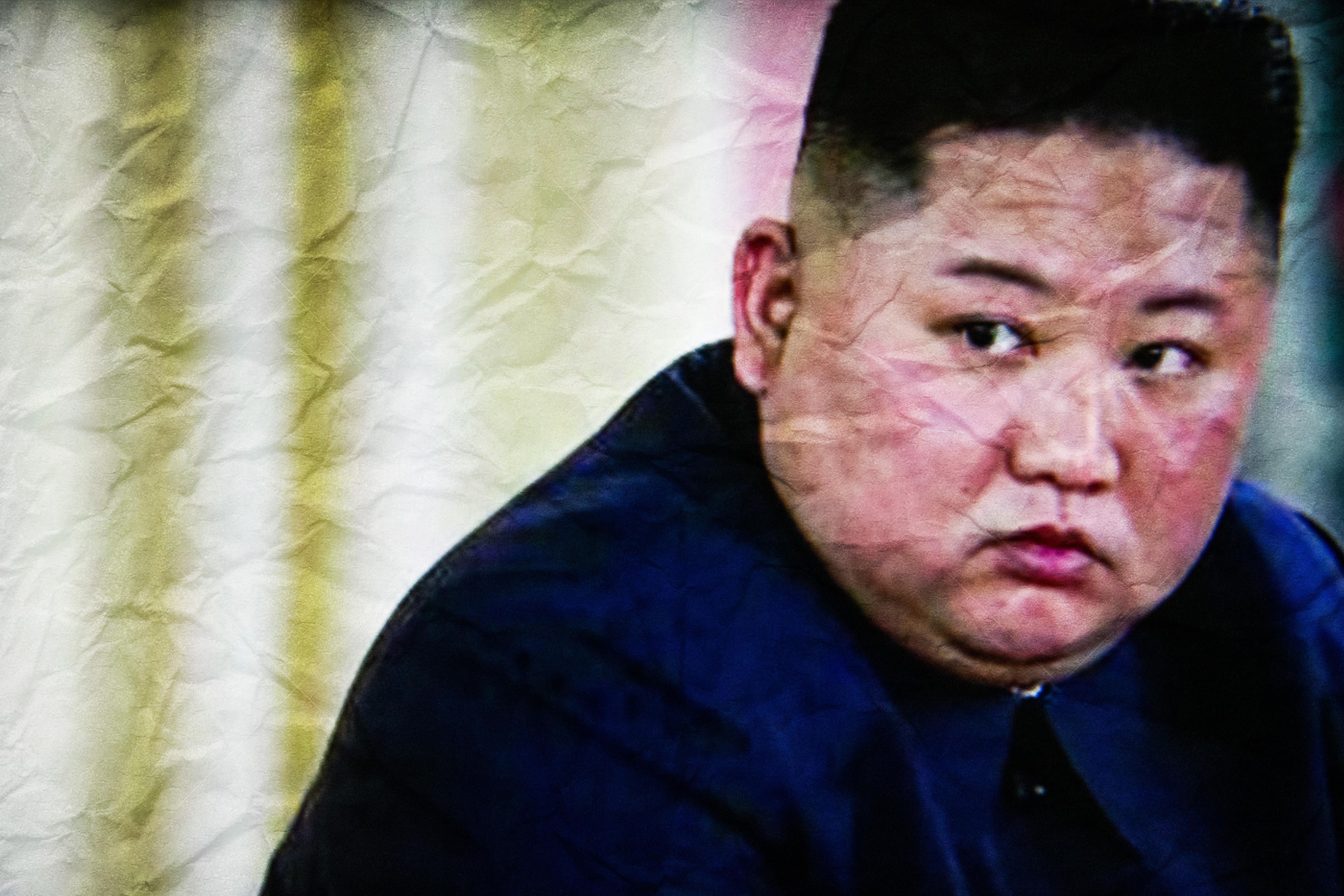News
March 24, 2021
2 & 1: North Korea has fired at least two missiles into the sea, which leaves us with one pressing question: Trump's unconventional approach towards Kim Jong-un was easy to criticize, but what is the Biden administration's policy towards Pyongyang actually going to be? The Pentagon called Kim's latest test "business as usual," but offered little more insights.
70: Seventy percent of Americans say that Asians are discriminated against in the United States, according to a new poll taken after the Atlanta area shooting last week in which most of the victims were Asian women.
100: More than 100 ships were stuck at either end of the Suez Canal after a massive container ship went aground in the busy waterway. The canal, which connects the Red Sea (lying between Africa and Asia) to the Mediterranean, is responsible for 10 percent of global shipping traffic.
60: The world's 60 biggest banks have provided $3.8 trillion worth of financing for fossil-fuel industries since 2015, when the Paris Climate Accord was signed. US-based JPMorgan Chase flushed the most cash into the industry, followed by CitiBank. In Europe, meanwhile, British bank Barclays financed fossil fuels more than any other bank.More For You
- YouTube
Gotta maximize sleigh-holder value. #PUPPETREGIME
Most Popular
- YouTube
On Ask Ian, Ian Bremmer breaks down the steady escalation of US pressure on Venezuela and why direct military action is now a real possibility.
US President Donald Trump arrives to announce reciprocal tariffs against US trading partners in the Rose Garden of the White House in Washington, DC, USA, on April 2, 2025.
POOL via CNP/INSTARimages.com
From civil conflicts to trade wars to the rise of new technologies, GZERO runs through the stories that have shaped this year in geopolitics.
Ukrainian serviceman walks near apartment buildings damaged by Russian military strike, amid Russia's attack on Ukraine, in the frontline town of Kostiantynivka in Donetsk region, Ukraine December 20, 2025.
Oleg Petrasiuk/Press Service of the 24th King Danylo Separate Mechanized Brigade of the Ukrainian Armed Forces/Handout via REUTERS
Ukrainian intelligence services assassinated a senior Russian general on the streets of Moscow on Monday, detonating a bomb strapped to his car.
© 2025 GZERO Media. All Rights Reserved | A Eurasia Group media company.
